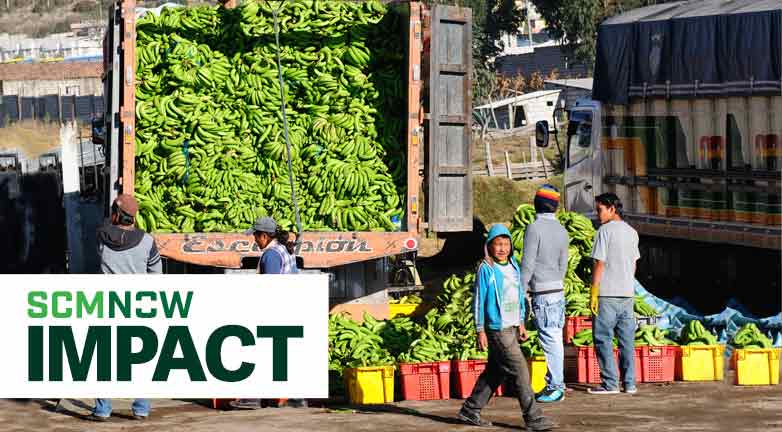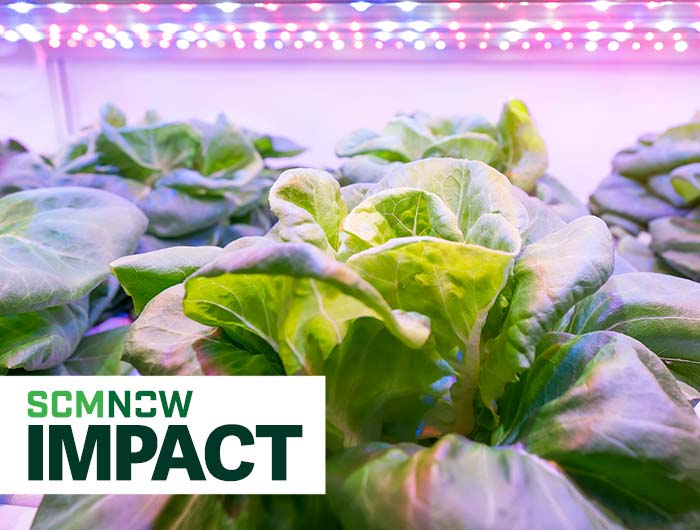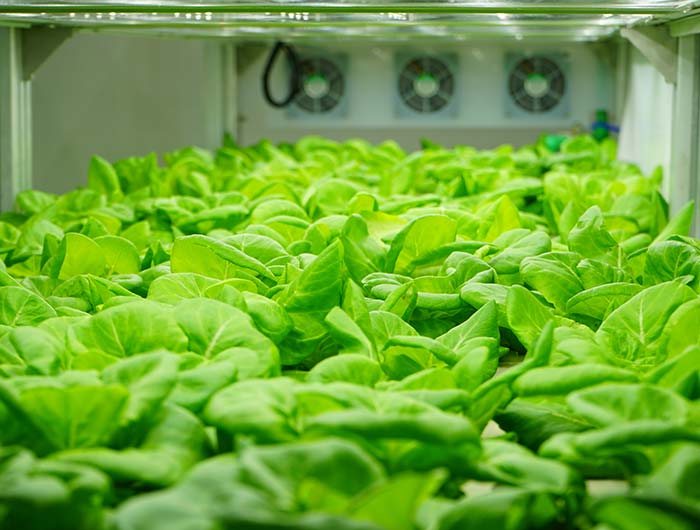"The sticker price of bananas seems to remain remarkably steady, almost if by magic,” writes Joe Fassler in The New Food Economy. In reality, bananas are cheaper today than a decade ago. But the lower grocery bills are making things a great deal tougher for banana plantations, their employees and the environment.
When Americans first started buying bananas, they were a pricey luxury item. However, in the late 1800s, the first true banana supply chain was established. Dan Koeppel, author of Banana: The Fate of the Fruit that Changed the World, explains that this network dominated land, labor, logistics, transportation and distribution — and drastically reduced banana prices. “Americans couldn’t get enough,” he writes.
Today, bananas are the most popular fruit in the United States, purchased by nearly 70% of people. According to the U.S. Bureau of Labor Statistics, at 57 cents a pound, they are also the cheapest item in the produce department by far. This low price tag is essential because they ripen so quickly. “Bananas have always been a volume game,” Fassler explains. “Buy them in huge quantities, sell them cheaply before they spoil, hope to make a little bit per bunch.”
Yet the costs we don’t pay at the register have led to chronic underpayment of workers, low job security, child labor practices, loss of biodiversity, water pollution and climate change. After dozens of interviews with plantation managers and laborers in Columbia, the Dominican Republic, Ecuador and Peru, Fairtrade International found that even a 20 cent premium per pound diverted back to producers would be meaningful progress.
Such models do exist. Because of lobbying from the Coalition of Immokalee Workers, many fast-food restaurants now pay a penny more for tomatoes. The problem with applying this philosophy to bananas, Fassler notes, is that grocers rely on artificially low prices to win customers. In fact, when Amazon bought Whole Foods and cut the cost of its Whole Trade bananas by 38%, there was an industrywide ripple affect. The U.S. Bureau of Labor Statistics says the average price fell by almost two cents, the greatest drop in years.
“Perhaps more than any other item, bananas send a message about a store’s attitude toward freshness and price point,” Fassler writes. “Bananas make a powerful statement about values. But they’re also something of a liability.”
Make an impact
Eradicating exploitation from supply chains demands pioneering corporate social responsibility (CSR), a comprehensive understanding of supply chain risk management and an unwavering focus on sustainability. ASCM is supporting our members around the world as they strive to achieve these goals and create supply chains that improve lives, communities and economies.
ASCM membership connects you and your organization to essential supply chain education, including ASCM Enterprise Certification, the first comprehensive evaluation of the ethical, economic and ecological dimensions of a supply chain. Our events, seminars and webinars offer education from leading experts. And SCM Now magazine and our blog feature the latest insights into CSR, risk management and climate strategy.
If you are a member, learn about and access these and many more benefits. If you are not a member, I encourage you to join us today.



